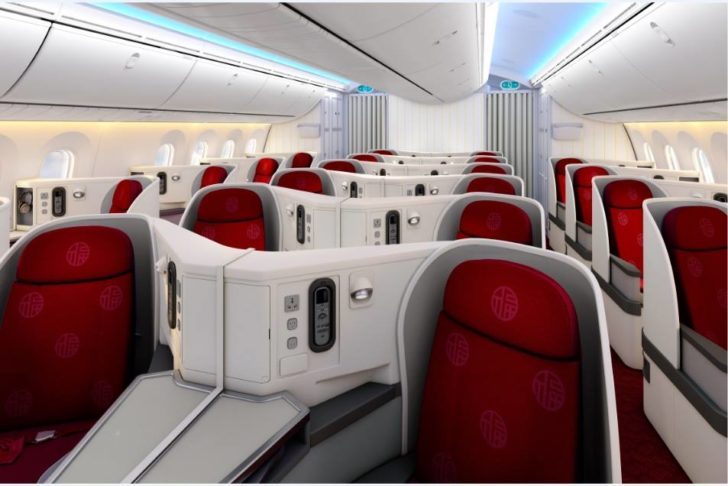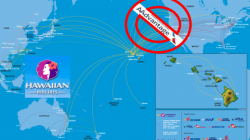It is surprising how dramatic and swift the recent coronavirus (COVID-19) panic has affected the travel industry. What was once a localized concern in China has started to dominate discussion throughout the world, impacting domestic as well as international travel. It really starts to make you realize how important travel is to daily life and vice versa.
While the hotel industry is suffering, too, airlines are more directly impacted by the fear of travel. (I can still drive to see my in-laws and stay at hotel without leaving the state.) Here are some recent headlines that made me realize the severity of this decline. It’s possible we will see more cuts to service and bigger discounts to get people flying again.
Fewer Flights, Grounded Planes, and Unpaid Staff
Hong Kong is not suffering nearly as much as mainland China, but Cathay Pacific has still grounded half of its fleet and placed 75% of staff on unpaid leave. Lufthansa recently announced plans to reduce its schedule by 25%. Large carriers such as these thrive on long-haul routes between distant markets — exactly the kind that worry passengers. You might feel comfortable taking a regional flight, especially if there are few cases in your neighborhood. But besides the legitimate risk of traveling to a hot spot like China, there is also a more general psychological fear of visiting a foreign destination. We tend not to trust “others” as much as our own in-group.

Here in the U.S., things are not yet dire but getting worse. United Airlines has cancelled another 10% of its flights, bring the total decline to 20% vs. original schedules, and JetBlue has planned a modest 5% cut.
Other carriers like Alaska Airlines are running sales. Alaska and Hawaiian Airlines are both promoting $99 one-way fares to Hawaii, and I just saw last night that you can book some flights on Alaska for just $20 one-way, including taxes. That particular example is a restricted saver fare, but even an upgrade-eligible main cabin fare is only $30 between San Jose and Los Angeles. Crazy! I never paid that little even when I was flying Southwest in college.
It’s a mixed blessing that some airlines don’t have any extra Boeing 737 MAX aircraft to worry about right now.
Some Airlines Just Can’t Keep Up
Not every airline can hang in there while planes are grounded and customers stay home. HNA Group, the owner of Hainan Airlines, has been taken over by the Chinese government. This is unfortunate as Hainan was the only real independent airline offering flights to the U.S., and some would argue it had the best service, too. Then yesterday Flybe, a discount carrier in the U.K., halted all flights and shut down its website in a sudden bankruptcy filing.

These airlines might have failed anyway, and it’s hard to blame their end on coronavirus. Travel fears have only recently grown outside Asia. Instead, like the sudden stock market crash, this epidemic was the straw that finally broke the camel’s back.
Improved Change and Cancellation Fee Waivers
Finally, yesterday brought welcome news that Delta Air Lines would extend its change and cancellation policy to international tickets already purchased. Check out my list of all current fee waivers for U.S. carriers.
While nearly every U.S. carrier has a fee waiver in place, most are only applying it to new tickets, essentially a move to boost demand. Delta’s policy recognizes that some travelers don’t want to use the tickets they already hold. Meanwhile, American Airlines maintains a boneheaded policy that you must change your ticket at least 14 days before departure, as if any of us can predict where the next outbreak will occur.

